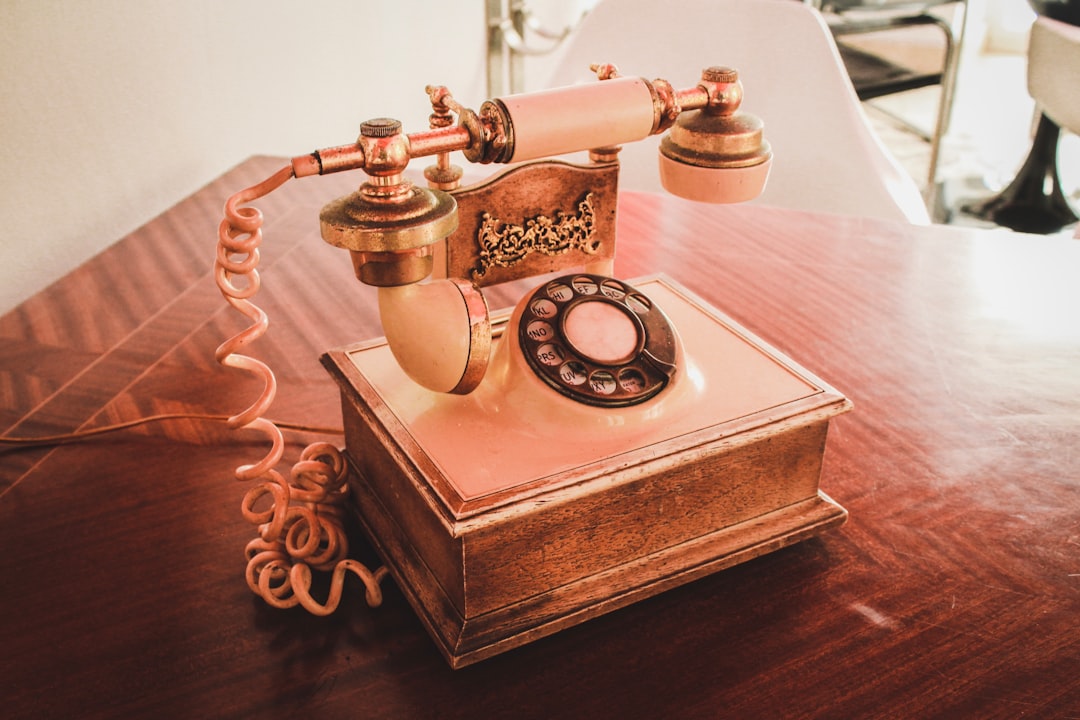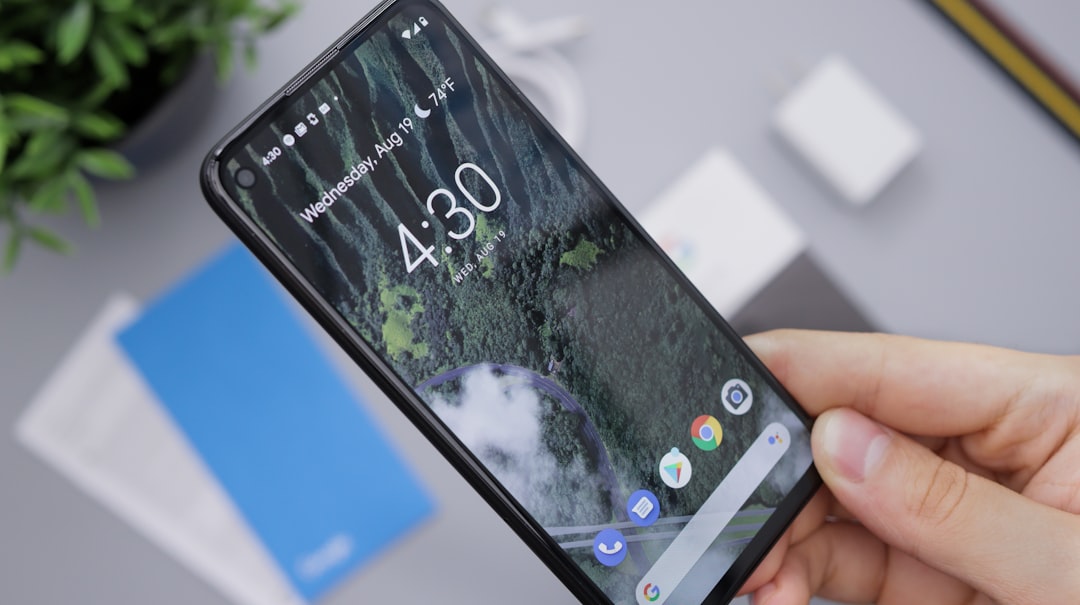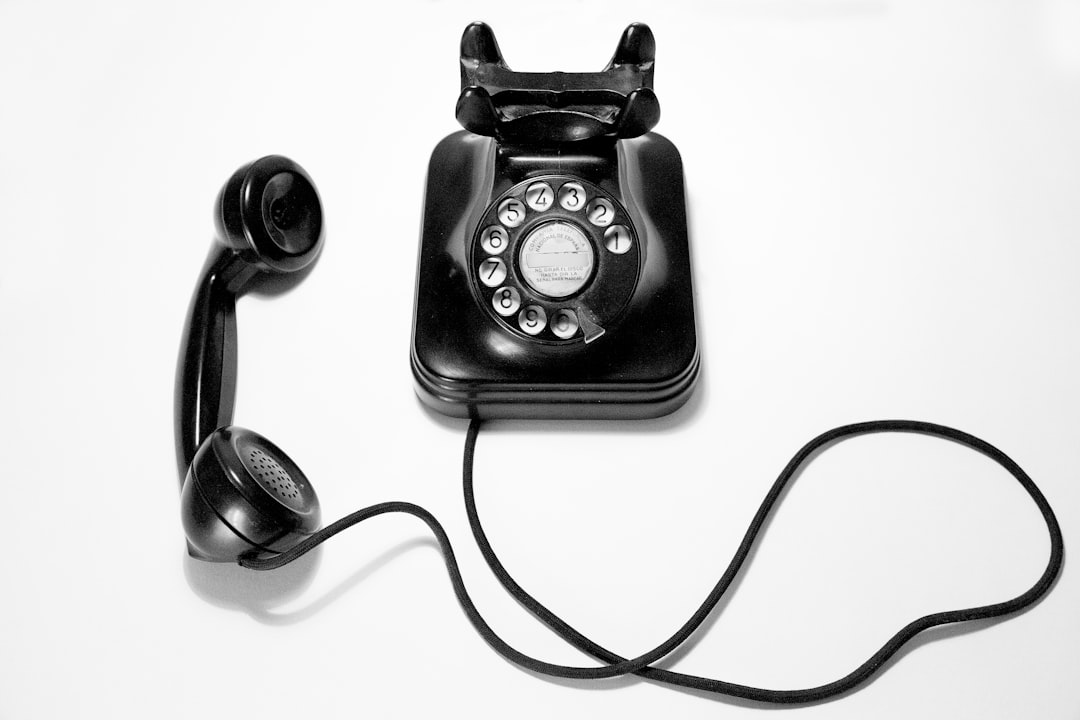The Telephone Consumer Protection Act (TCPA) protects Georgians from unwanted automated calls, texts, and faxes. If you've received such nuisance communications, a unwanted call attorney Georgia can help prove TCPA violations, which carry substantial damages. They'll gather evidence, guide legal actions, and fight for your rights to compensation. Don't wait; contact a unwanted call attorney Georgia promptly to address these invasions of privacy.
In Atlanta, understanding your rights under the Telephone Consumer Protection Act (TCPA) is crucial when facing unwanted calls. This federal law prohibits robocalls and unsolicited marketing calls, offering significant compensation for violations. If you’ve received harassing phone calls in Georgia, this article guides you through the process of proving a TCPA violation and the potential damages you may recover. Learn from an unwanted call attorney in Georgia about your legal recourse and steps to take promptly.
What is the TCPA and How Does it Apply in Georgia?

The Telephone Consumer Protection Act (TCPA) is a federal law designed to protect consumers from unwanted or harassing telephone calls, texts, and faxes. In Georgia, as in many other states, the TCPA applies to both telemarketers and businesses making automated calls for marketing purposes. If you’ve received an unwanted call from a company or individual using an automatic dialing system (ATS) in Atlanta, you may have rights under the TCPA.
Georgia residents can take legal action if they believe their privacy has been violated by unsolicited calls or texts. An unwanted call attorney Georgia can help individuals navigate this complex area of law and understand the compensation available for violations. The TCPA allows for monetary damages, including up to $500 per violation for willful or knowing negligence, making it a significant concern for businesses engaging in automated telemarketing activities.
Proving a Violation and Potential Damages

Proving a TCPA violation, particularly in cases involving unwanted calls, requires substantial evidence. A successful claim often hinges on demonstrating that the call was made using an automatic dialing system or prerecorded message without the recipient’s prior express consent. An unwanted call attorney in Georgia can help gather and present this evidence, which may include caller ID records, call logs, and even testimony from witnesses who received similar calls.
Potential damages for a successful TCPA claim are extensive. Plaintiffs can recover actual damages, such as the cost of the call or text messages, along with statutory damages that can amount to $500 per violation. In cases where the defendant’s behavior was willful or knowing, treble damages—triple the actual and statutory damages—may be awarded. This robust damage structure underscores the importance of seeking legal counsel from a qualified unwanted call attorney in Georgia for those who believe they’ve been victims of TCPA violations.
Legal Recourse for Unwanted Calls: Steps to Take as an Atlanta Resident

As an Atlanta resident, if you’ve received unwanted phone calls, you’re not alone—and you have legal recourse under the Telephone Consumer Protection Act (TCPA). The TCPA is a federal law designed to protect consumers from nuisance and deceptive telephone marketing practices. If your privacy has been invaded by automated or prerecorded calls, text messages, or faxes sent without your consent, you may be entitled to compensation for each violation.
The first step for an unwanted call attorney in Georgia is to determine if the calls were indeed made in violation of the TCPA. They will review the specifics of your case, including call records and company practices. If a violation is found, the attorney can help you navigate the legal process, which may include contacting the offending party to stop the calls, seeking damages for each unwanted communication, and even punitive damages if the violations were especially egregious. Don’t hesitate to reach out to an unwanted call attorney in Georgia to protect your rights and recover what you’re owed.






